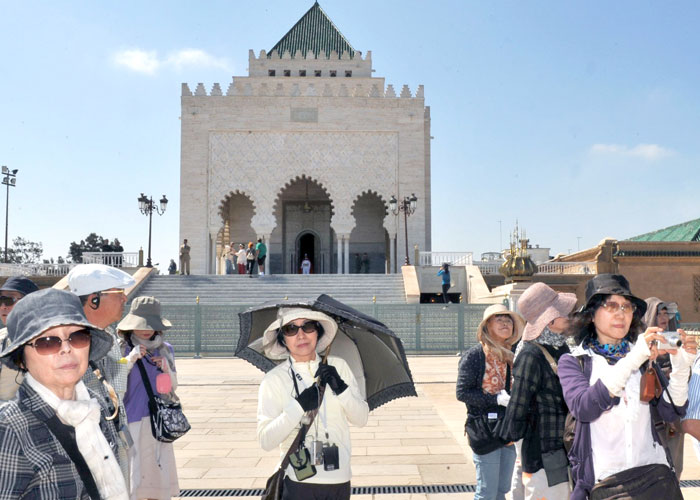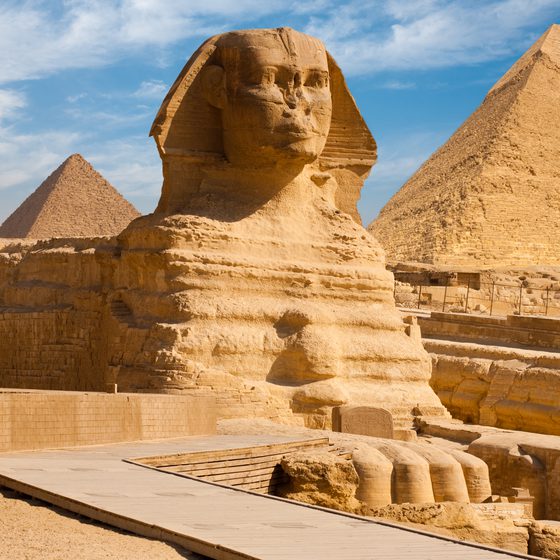Xinhuanet
Abdul Rahman Mohammad, an Egyptian tour guide, has noticed that some cruise ships on the Nile, as well as restaurants and hotels in the south of the country, have started to offer hot water — to cater for growing numbers of Chinese tourists.
“Chinese are surely among the most welcome tourists in Egypt,” said the 26-year-old Egyptian, who is visiting the Chinese cities of Hangzhou and Shanghai to seek partners for a travel agency he co-founded in Egypt three years ago.
Mohammad began leading Chinese tour groups after graduating from Ain Shams University with a major in Chinese language eight years ago as Egypt was struggling to revive its ailing tourism sector after political turmoil and security issues.
He said he has felt the boost of Chinese tourists to Egypt’s tourism industry. “My older brother is a guide for German tourists. I earned much more than him during the first year of my career.”
A relaxed visa policy, in addition to an improved security situation, infrastructure, and services, has attracted a growing number of Chinese tourists to Egypt, Mohammad said, adding that he feels reassured by the bright prospects of China-Arab relations.
At the eighth ministerial meeting of the China-Arab States Cooperation Forum held earlier this week, China and Arab countries agreed to establish a “Sino-Arab future-oriented strategic partnership of comprehensive cooperation and common development.”
Arab countries such as Morocco, Tunisia, and the United Arab Emirates have wooed Chinese tourists through visa-free policies.
Official data showed that since Morocco rolled out the measure in 2016, the number of Chinese tourists to the country surged from less than 20,000 in 2015 to 118,000 in 2017. The number of Chinese tourists to Tunisia more than doubled in 2017 compared with the total in 2016, after the policy took effect in early 2017.
He Guanglian, a Chinese tour guide working in Dubai, has led more tour groups during the past couple of years. “In the past, I mainly received clients who came for business purposes, or simply transferred flights here,” He said. “Now, most of my clients come to Dubai for leisure travel.”
Cashing in on the visa-free policy, Shanghai Voyages, a travel agency founded in Morocco in 2004, launched trips tailored to Chinese tourists in 2016.
“The Sahara is the most attractive thing for Chinese tourists,” said Wang Shuo, manager of the agency’s Beijing office.
Li Jian, a 30-year-old from northwest China’s Qinghai Province, just celebrated his honeymoon in Morocco. “After I shared the photos of our trip through WeChat, many friends said they want to go there,” Li said, adding that he was impressed by the country’s stable society and diverse culture.
Mohammad has led some 40 Chinese tour groups last year. “Many Chinese tourists only knew about the Pyramids and the Sphinx before they came to Egypt, but they learned much more about the country during their trip,” he said.
China and Egypt both boast a long history and rich culture, Mohammad said. “I often feel that we share a lot in common.”









